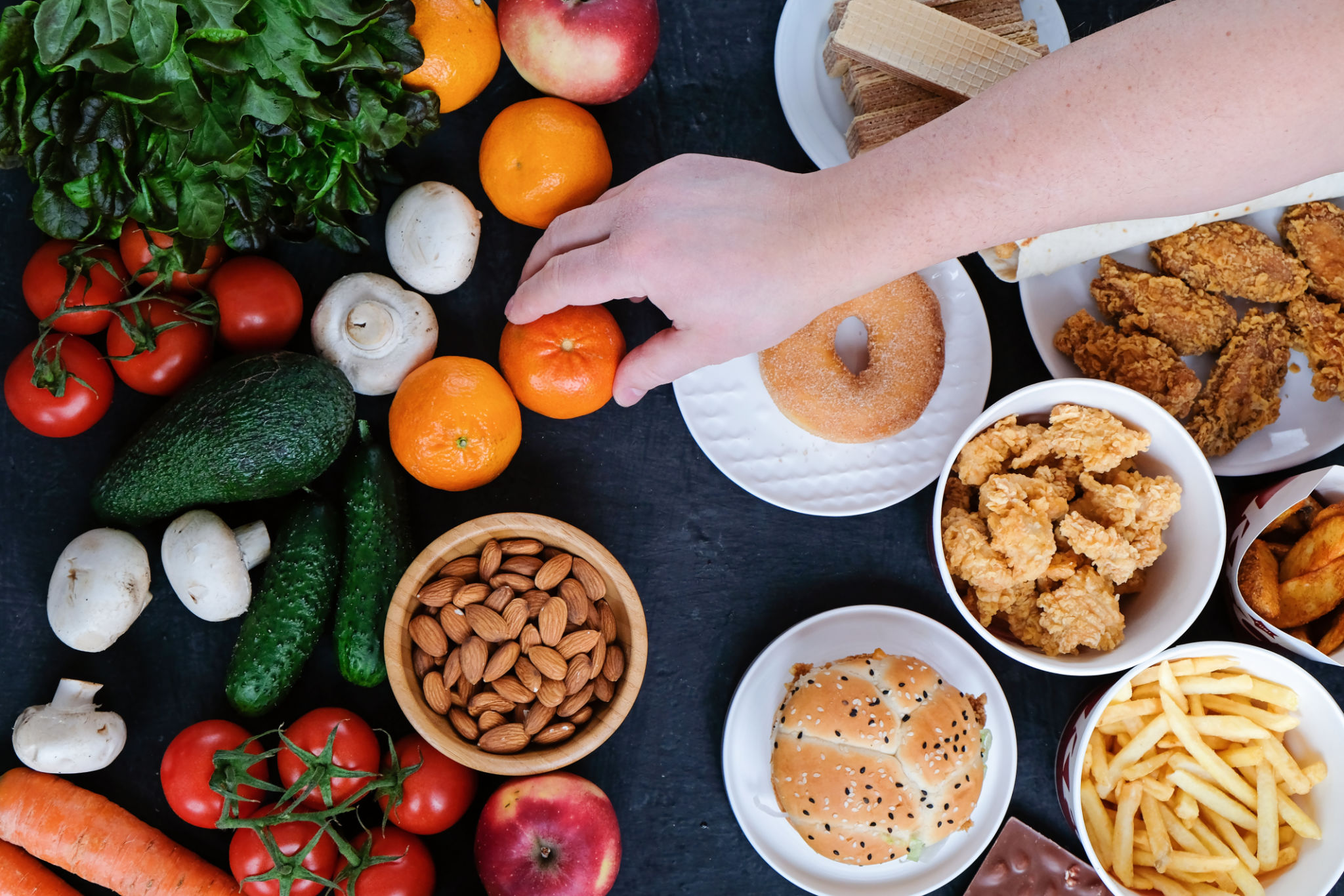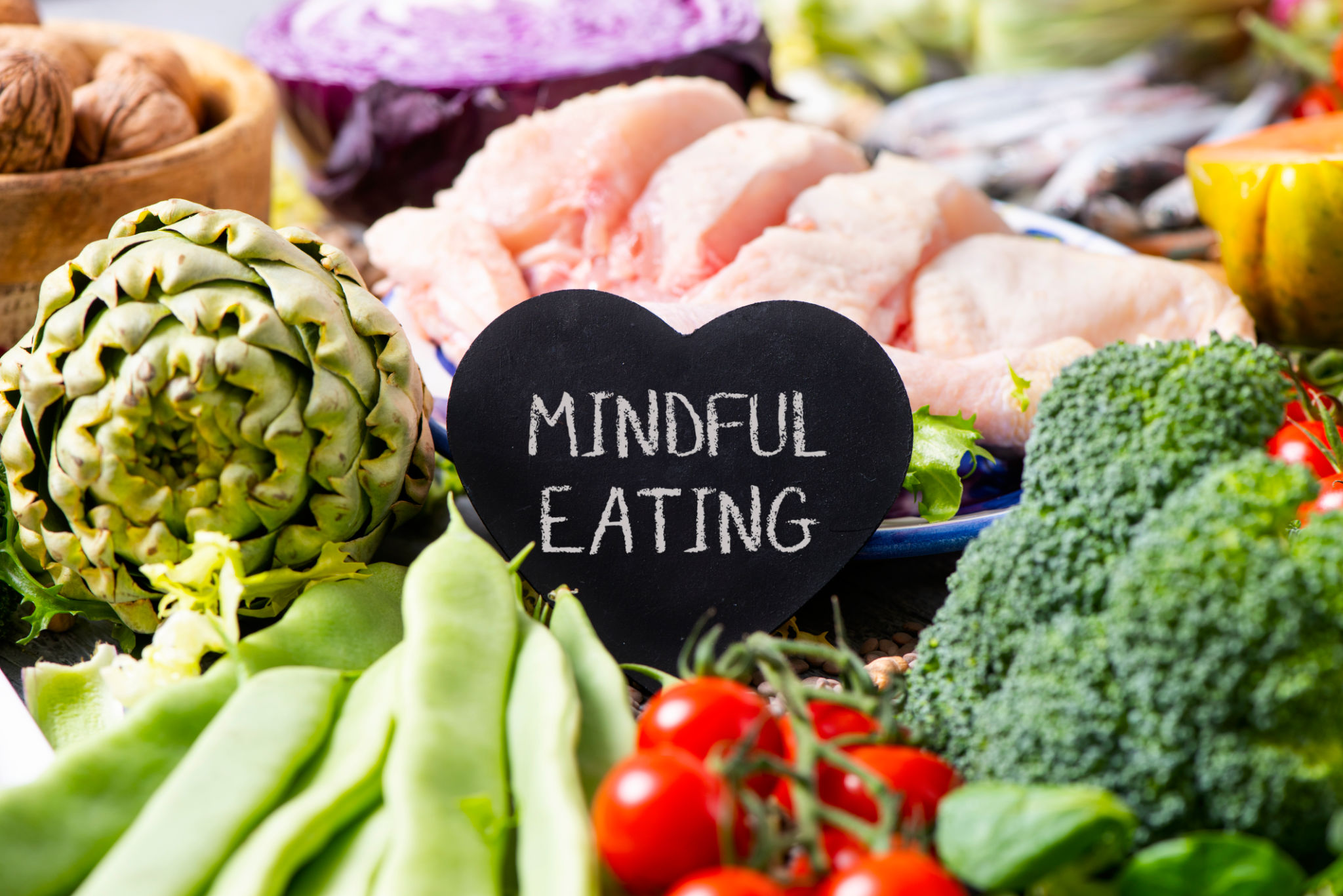Understanding Intuitive Eating: A Comprehensive Guide to Reclaiming Your Relationship with Food
What is Intuitive Eating?
Intuitive eating is a revolutionary approach to food and body image that encourages individuals to listen to their body's natural hunger and fullness signals rather than adhering to traditional diet rules. Developed by dietitians Evelyn Tribole and Elyse Resch, intuitive eating promotes a healthy attitude toward food and body image, emphasizing self-care over self-control.

The Core Principles of Intuitive Eating
Understanding the core principles of intuitive eating is essential for those looking to improve their relationship with food. The principles include:
- Reject the Diet Mentality: Let go of the idea that diets are the answer to health and happiness.
- Honor Your Hunger: Listen to your body's signals and feed it adequately.
- Make Peace with Food: Allow yourself to eat the foods you enjoy without guilt.
- Challenge the Food Police: Silence the negative thoughts that dictate what you should or shouldn't eat.
- Respect Your Fullness: Pay attention to your body’s cues that signal you’re no longer hungry.

The Benefits of Intuitive Eating
Embracing intuitive eating can lead to numerous benefits, both physical and mental. It can help reduce stress related to food choices, improve self-esteem, and foster a more positive body image. Additionally, studies have shown that intuitive eaters tend to have a lower body mass index (BMI) and a healthier overall lifestyle without the need for restrictive dieting.
How to Start Practicing Intuitive Eating
Transitioning to intuitive eating can be a gradual process. Start by becoming more mindful of your eating habits, focusing on how different foods make you feel. Keep a journal to track your thoughts and experiences, which can help you identify patterns and triggers related to eating.

Overcoming Challenges in Intuitive Eating
Adopting intuitive eating isn't always easy, especially for those who have been deeply rooted in diet culture. It's important to be patient with yourself and seek support if needed. Consider reaching out to a registered dietitian or therapist who specializes in intuitive eating for guidance and encouragement.
Intuitive Eating and Emotional Health
Intuitive eating can significantly impact emotional health by reducing anxiety related to food and body image. By allowing yourself the freedom to choose foods without guilt or shame, you create a more peaceful and balanced relationship with eating. This can lead to increased satisfaction and enjoyment in other areas of life as well.
The Role of Self-Compassion in Intuitive Eating
Practicing self-compassion is essential in the journey of intuitive eating. Be kind to yourself, especially during moments of perceived failure or setbacks. Remember that intuitive eating is not about perfection but about finding a sustainable way to nourish your body while respecting your mental health.

Conclusion: Embrace a New Relationship with Food
Intuitive eating offers a refreshing alternative to restrictive dieting by encouraging individuals to trust their bodies and make choices based on internal cues rather than external pressures. By adopting this approach, you can cultivate a healthier, more satisfying relationship with food that supports both physical health and emotional well-being.